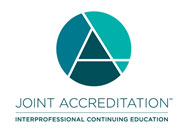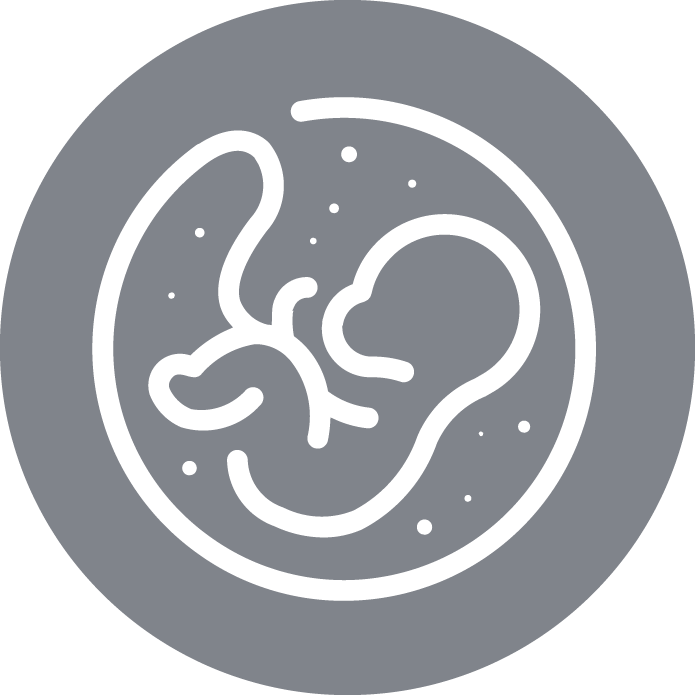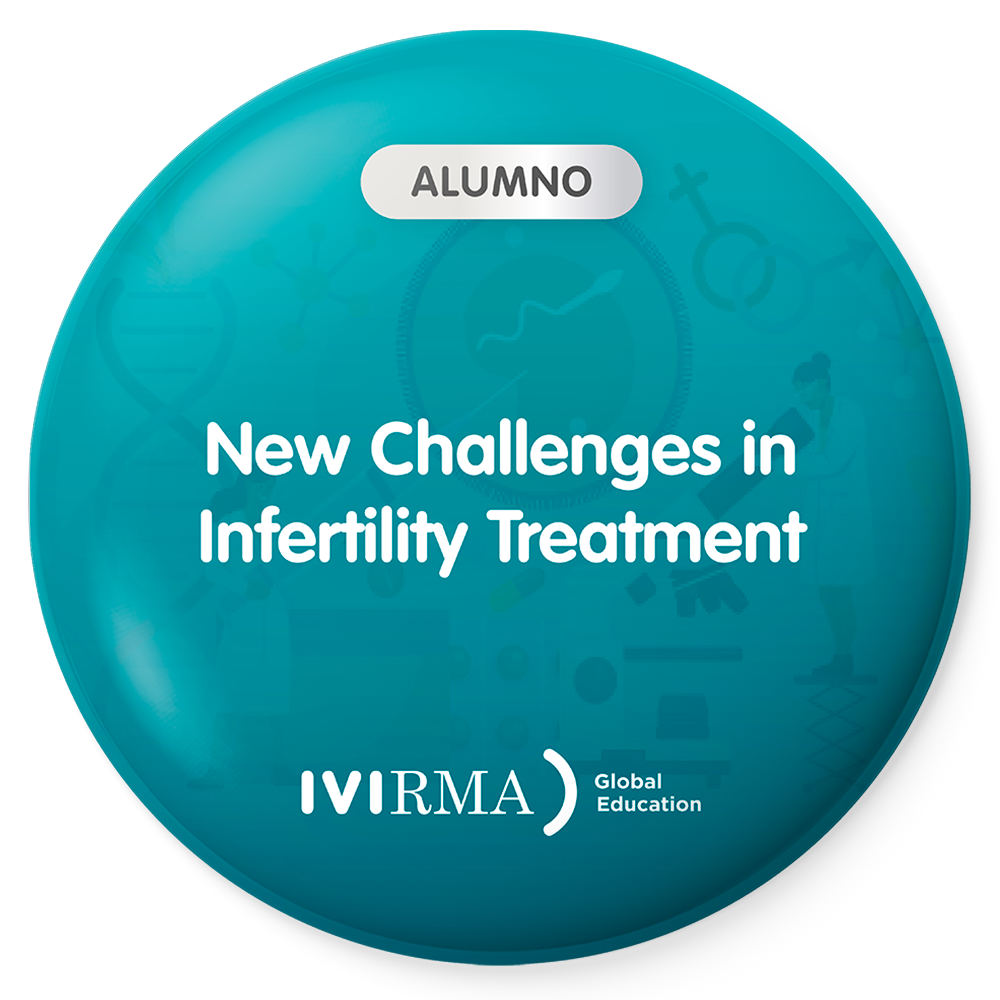New Challenges in Infertility Treatment
MODALITY: Online
CENTER: IVIRMA Global Education
25 theoretical
IVIRMA Campus
460 USD
This online course is jointly accredited with Thomas Jefferson University Office of Continuing Professional Development. This educational activity is designated with AMA PRA Category 1TM credits
Intended for
Physicians and Other Healthcare Professionals
Description
Background
Management of infertility with assisted reproductive technology (ART) has changed substantially over the past ten to fifteen years due to the application of new technological advancements in this field and a better understanding of reproductive pathophysiology.
Today, ART can be used not only in patients experiencing infertility but also in those who experience recurrent miscarriage, have chronic viral infections, or have cancer. ART can reduce the time it takes to achieve pregnancy, reduce the risk of viral infection transmission, and allow for fertility preservation (FP).
In the same way, knowledge from other medical fields, such as genetics and immunology, and the use of techniques such as next-generation sequencing (NGS), which studies microbiome or endometrial receptivity, facilitate a multidisciplinary approach that can help improve reproductive outcomes.
Clinicians who treat patients with infertility can face several challenges in selecting the appropriate treatment option for their patients, including successfully addressing implantation failure or applying ART to other special situations where it could contribute to fertility preservation or risk management.
This education program is designed to offer a multidisciplinary approach to ART to maximize clinical outcomes in this field.
Skills
>To detect circumstances where a multidisciplinary approach to ART would be prudent
>To rely on expertise from disciplines adjacent to or outside of fertility medicine, such as genetics, cancer, immunology, and microbiology
>To successfully treat patients who have cancer, implantation failure, or persistent viral infections
>To develop the diagnostic algorithm and determine the additional tests each patient requires in accordance with his or her underlying pathology and to personalize a therapy approach
Students info
In support of improving patient care, this activity has been planned and implemented by Thomas Jefferson University and IVIRMA Global Education. Thomas Jefferson University is jointly accredited by the Accreditation Council for Continuing Medical Education (ACCME), the Accreditation Council for Pharmacy Education (ACPE), and the American Nurses Credentialing Center (ANCC), to provide continuing education for the healthcare team.
Physicians: This educational activity is designated for a maximum of 25 AMA PRA Category 1 CreditsTM . Physicians should only claim credit commensurate with the extent of their participation in the activity.
Other Healthcare Professionals: This educational activity is designated for 25 AMA PRA Category 1 Credit TM. Participants should claim only the credit commensurate with the extent of their participation in the activity.

Program
Module 1: Special situations in human reproduction
1.1 Recurrent miscarriage
1.2 Implantation failure
1.3 Chronic viral infections (HIV and hepatitis) and reproduction
1.4 SARS-CoV-2 and assisted reproduction
1.5 Approach to reproduction in cancer patients
Module 2: Advances in assisted reproduction
2.1 Genetics and reproduction
2.2 Ovarian rejuvenation
2.3 Endometrial receptivity
2.4 Microbiome
2.5 Immunology under the endometrium




